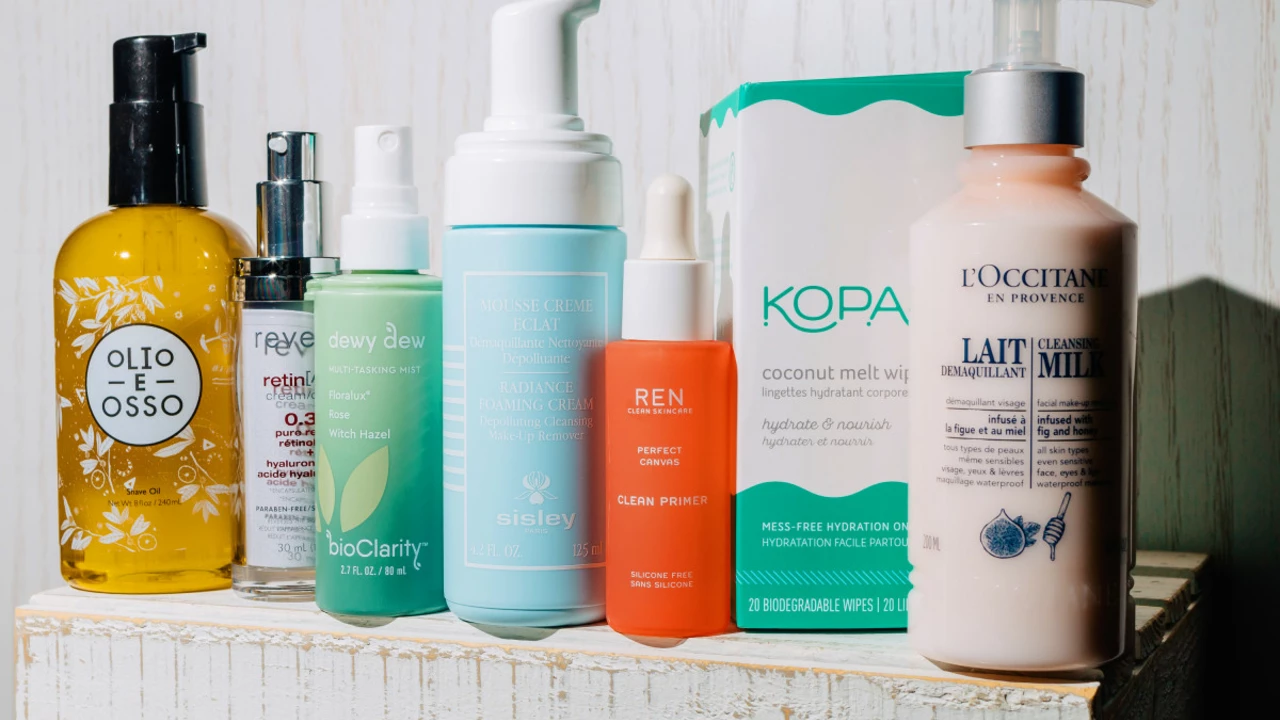Skincare products for sensitive and diabetic skin
If your skin feels dry, cracks easily, or you heal slower than before, choosing the right skincare products matters. People with diabetes often have drier skin and a higher risk of small wounds or infections. That doesn’t mean complicated routines. It means picking the right basics and using them the right way.
What to look for in skincare products
Focus on hydration and barrier repair. Look for moisturizers with glycerin, hyaluronic acid, ceramides, or urea (5–10% for very dry areas). These ingredients pull in and lock moisture without irritating skin. Avoid products with strong fragrances, high alcohol content, or harsh exfoliants if your skin is thin, cracked, or numb.
For cleansers, choose a mild, soap-free formula that won’t strip oils. Anti-fungal powders or creams can help if you get athlete’s foot, and antiviral creams (like acyclovir) are used for cold sores—see our Zovirax guide for details on that medicine and safe use. For sun protection, choose a broad-spectrum SPF 30+ and reapply if you’re outside for long periods.
Practical daily routine and safety tips
Keep your routine simple. Gently wash with a mild cleanser, pat skin dry, then apply moisturizer while skin is still slightly damp. Pay special attention to feet: inspect them daily, moisturize the tops and soles, but avoid putting lotion between toes. If you notice cuts, blisters, or sores that don’t start healing in a day or two, get medical advice—don’t ignore them.
Do a patch test before new products. Apply a small amount to the inner forearm for 48 hours. If redness, itching, or stinging appears, stop using it. Check expiry dates and storage instructions—some active creams need refrigeration or lose strength after opening.
Buy wisely online. Use reputable pharmacies or stores, read recent reviews, and verify ingredient lists. If a product claims to treat serious wounds or contains prescription drugs, talk with your healthcare provider before ordering. Our articles on safe online pharmacy buying give tips on checking sellers and avoiding fakes.
When to see a professional: if you have persistent dryness that cracks, signs of infection (increased pain, swelling, warmth, pus), or numbness that makes injuries hard to feel. Your doctor or podiatrist can recommend prescription creams, dressings, or a specific foot care plan.
Small habits add up: trim nails carefully, wear breathable socks, change bandages as advised, and keep skin moisturized daily. The right skincare products make life easier—pick gentle formulas, protect skin from sun and injury, and ask your healthcare team when in doubt.

Top Skincare Products for Managing Dermatitis Herpetiformis
Haig Sandavol Jul 21 20In my recent blog post, I discussed the best skincare products to manage Dermatitis Herpetiformis, a chronic skin condition. I found that gluten-free creams and lotions can help soothe itchiness and inflammation. Products with hyaluronic acid and ceramides were particularly effective in maintaining skin moisture and barrier. I also recommended consulting a dermatologist before starting any new skincare routine. Lastly, it's important to remember that skincare is just one part of managing Dermatitis Herpetiformis, a balanced diet and proper medical treatment are just as crucial.
More Detail